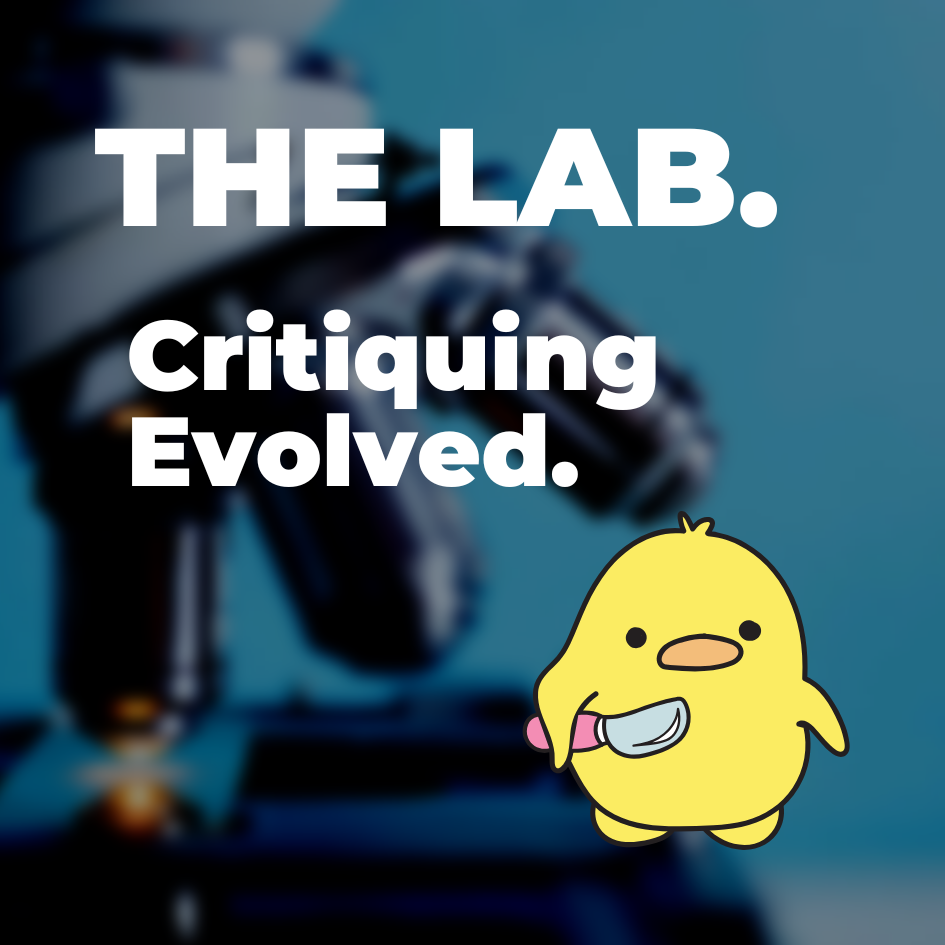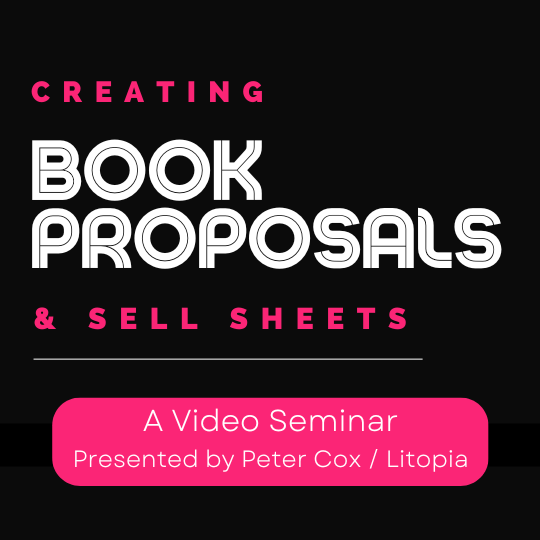C
Carol Rose
Guest
The publishing industry has changed so much in the past few years it's often difficult to know who to target when you're ready to send your book out in the world and see if it has wings. Do you self-publish? Do you look for an agent? Or do you approach publishers who take un-agented submissions? And how do you know if the publisher you've just found is legit? In other words, isn't merely a front for something you'll wind up spending thousands of dollars on, simply to have a published book?
Although it can be time-consuming, doing your research BEFORE you start submitting is one of the best investments you will ever make in terms of time and energy. It will save you anxiety, money, and crushing emotional letdown.
What do I mean by legit publisher? One who pays for cover design, editing, formatting, ISBN, and marketing. One who doesn't expect the author to pay for any of that up front or on the back end. One who has a royalty structure outlined in the contract. One who has distributors lined up, and has a solid working relationship with them. These are frequently referred to as "traditional" publishers, although that term has different meanings so it's best to look at the specifics, not what the publisher calls itself.
A quick word about marketing. I'm not talking about marketing the author chooses to do for their own book, and pays for separately from any transaction having to do with the publisher. I'm talking about paying for marketing the publisher does. You, as the author, should not have to pay for that.
Unless we're talking a self-publishing venture, where YOU control the cash outlay for covers, formatting, editing, and marketing, publishers you approach should not be asking for money up front, OR on the back end, for ANYTHING. And I do mean ANYTHING. Money flows TO the author is still the standard by which you should be judging whether this great find you just came across in your Google search is the real deal, or is nothing more than a cleverly-worded sales pitch to drain you of resources, and leave you holding a bunch of print copies of your book with no distribution outlets - in other words, no way to get your book in the hands of readers.
Publishing a book entails more than giving the manuscript to someone who uploads it to a site, and then charges you for print copies. You need to get it in the hands of readers. Readers need to find it online, even if it's only offered in print. Bookstores won't stock everything you ask them to. They only bother to do that with titles they can sell, and they prefer to work with distributors and publishers who have a solid reputation in the industry. That means the big guns. They're in business to make money, too, and if they're stuck with a bunch of books no one wants, that's not going to entice them to do it again.
Since the decline of brick and mortar bookstores, and the rise of online sales, authors have to be on their guard even more diligently to spot the scam artists. Here are some guidelines.
Money flows TO the author. If a site charges you for anything, or has language that suggests you will have costs associated with getting your book published, WALK AWAY. These tactics are more sophisticated than they used to be. They now couch this money-making scheme inside lengthy paragraphs that talk about profit sharing, or collaborative efforts between author, editor, and publisher. Bottom line: if they aren't paying for everything and your royalties don't come off the top, at a percentage and a timetable that's clearly outlined, WALK AWAY. It's not a legit publisher.
What books have they published? They should be listed on the site, and you should be able to find those books on third party vendors with the highest traffic these days. Amazon, iBooks, Barnes & Noble, Smashwords and its affiliates. If the book is ONLY for sale on the publisher's website, that's a red flag. Even though Evernight is a legitimate digital first publisher, none of us sells more copies of our books on their site than we do on Amazon. It's all about distribution. Getting the book out to where the readers go searching for new reading material.
Who are their authors? Again, these should be listed on their site. And then go looking for them. Do they have websites? Do they have social media profiles? Contact them. Ask them questions. Authors are almost always willing to give you the scoop. Ask them what they paid for up front. Ask them if the contract outlines the royalty structure and when the authors get paid. Ask them if they're paid those royalties on time. Ask them who pays for marketing, and how much their publisher does. Ask them if they pay for editing. Ask them if they had to provide a cover. If they are reluctant to answer basic questions like this, or they start giving you the same sales speak that's on the publisher's website, WALK AWAY. That is a huge red flag.
Look for a social media presence for the publisher. Can you find this publisher on social media? What kinds of things are they posting? What kinds of things are their authors posting? Do a simple Google search. Where is this publisher showing up? On blogs that seek to uncover scams? Then you'd best read those articles and do a bit of detective work on your own first. Look for complaints of not being paid in a timely fashion, or having to pay for marketing or editing. Look for having to pay for things that weren't outlined in the contract. Do a legal search (those are free!) to see if anyone has filed a lawsuit against the publisher or its owners. In most cases, you can read a summary of the complaint for free online.
Check out the New York Times and USA Today Best Seller lists, or the equivalent of those lists in your own country. The publishers are listed along with the titles and authors. Those are all legit publishers. Bear in mind some of those titles, depending on the genre, may be self-published books, but a quick Amazon search for the book itself will tell you if that's the case. Some authors form their own publishing company under which to self-publish their books.
Check the publisher's site for typos or clunky sentence structure. Do you really want someone who doesn't have a basic grasp of the language to publish your book? The answer to that is NO.
Check the publisher's site for what I like to call the DOOM AND GLOOM theory of publishing these days, the NO PUBLISHER IS WILLING TO TAKE A CHANCE ON A NEW AUTHOR mentality, or the US VERSUS THEM mindset. Not only are these false or heavily-overstated claims, but they apply the same tactics as phishing emails. They are designed to evoke an emotional response in you, and lure you in so that you view this publisher as someone who UNDERSTANDS your plight as a struggling author. In reality, they will take anything sent to them, good, bad, or in between. It doesn't matter because once they have your money and you have a hundred books that you now have to try to sell, and that you paid for, their work is done.
Finally, if you're really unsure, ask here on Litopia. That's part of what this community is all about.
Although it can be time-consuming, doing your research BEFORE you start submitting is one of the best investments you will ever make in terms of time and energy. It will save you anxiety, money, and crushing emotional letdown.
What do I mean by legit publisher? One who pays for cover design, editing, formatting, ISBN, and marketing. One who doesn't expect the author to pay for any of that up front or on the back end. One who has a royalty structure outlined in the contract. One who has distributors lined up, and has a solid working relationship with them. These are frequently referred to as "traditional" publishers, although that term has different meanings so it's best to look at the specifics, not what the publisher calls itself.
A quick word about marketing. I'm not talking about marketing the author chooses to do for their own book, and pays for separately from any transaction having to do with the publisher. I'm talking about paying for marketing the publisher does. You, as the author, should not have to pay for that.
Unless we're talking a self-publishing venture, where YOU control the cash outlay for covers, formatting, editing, and marketing, publishers you approach should not be asking for money up front, OR on the back end, for ANYTHING. And I do mean ANYTHING. Money flows TO the author is still the standard by which you should be judging whether this great find you just came across in your Google search is the real deal, or is nothing more than a cleverly-worded sales pitch to drain you of resources, and leave you holding a bunch of print copies of your book with no distribution outlets - in other words, no way to get your book in the hands of readers.
Publishing a book entails more than giving the manuscript to someone who uploads it to a site, and then charges you for print copies. You need to get it in the hands of readers. Readers need to find it online, even if it's only offered in print. Bookstores won't stock everything you ask them to. They only bother to do that with titles they can sell, and they prefer to work with distributors and publishers who have a solid reputation in the industry. That means the big guns. They're in business to make money, too, and if they're stuck with a bunch of books no one wants, that's not going to entice them to do it again.
Since the decline of brick and mortar bookstores, and the rise of online sales, authors have to be on their guard even more diligently to spot the scam artists. Here are some guidelines.
Money flows TO the author. If a site charges you for anything, or has language that suggests you will have costs associated with getting your book published, WALK AWAY. These tactics are more sophisticated than they used to be. They now couch this money-making scheme inside lengthy paragraphs that talk about profit sharing, or collaborative efforts between author, editor, and publisher. Bottom line: if they aren't paying for everything and your royalties don't come off the top, at a percentage and a timetable that's clearly outlined, WALK AWAY. It's not a legit publisher.
What books have they published? They should be listed on the site, and you should be able to find those books on third party vendors with the highest traffic these days. Amazon, iBooks, Barnes & Noble, Smashwords and its affiliates. If the book is ONLY for sale on the publisher's website, that's a red flag. Even though Evernight is a legitimate digital first publisher, none of us sells more copies of our books on their site than we do on Amazon. It's all about distribution. Getting the book out to where the readers go searching for new reading material.
Who are their authors? Again, these should be listed on their site. And then go looking for them. Do they have websites? Do they have social media profiles? Contact them. Ask them questions. Authors are almost always willing to give you the scoop. Ask them what they paid for up front. Ask them if the contract outlines the royalty structure and when the authors get paid. Ask them if they're paid those royalties on time. Ask them who pays for marketing, and how much their publisher does. Ask them if they pay for editing. Ask them if they had to provide a cover. If they are reluctant to answer basic questions like this, or they start giving you the same sales speak that's on the publisher's website, WALK AWAY. That is a huge red flag.
Look for a social media presence for the publisher. Can you find this publisher on social media? What kinds of things are they posting? What kinds of things are their authors posting? Do a simple Google search. Where is this publisher showing up? On blogs that seek to uncover scams? Then you'd best read those articles and do a bit of detective work on your own first. Look for complaints of not being paid in a timely fashion, or having to pay for marketing or editing. Look for having to pay for things that weren't outlined in the contract. Do a legal search (those are free!) to see if anyone has filed a lawsuit against the publisher or its owners. In most cases, you can read a summary of the complaint for free online.
Check out the New York Times and USA Today Best Seller lists, or the equivalent of those lists in your own country. The publishers are listed along with the titles and authors. Those are all legit publishers. Bear in mind some of those titles, depending on the genre, may be self-published books, but a quick Amazon search for the book itself will tell you if that's the case. Some authors form their own publishing company under which to self-publish their books.
Check the publisher's site for typos or clunky sentence structure. Do you really want someone who doesn't have a basic grasp of the language to publish your book? The answer to that is NO.
Check the publisher's site for what I like to call the DOOM AND GLOOM theory of publishing these days, the NO PUBLISHER IS WILLING TO TAKE A CHANCE ON A NEW AUTHOR mentality, or the US VERSUS THEM mindset. Not only are these false or heavily-overstated claims, but they apply the same tactics as phishing emails. They are designed to evoke an emotional response in you, and lure you in so that you view this publisher as someone who UNDERSTANDS your plight as a struggling author. In reality, they will take anything sent to them, good, bad, or in between. It doesn't matter because once they have your money and you have a hundred books that you now have to try to sell, and that you paid for, their work is done.
Finally, if you're really unsure, ask here on Litopia. That's part of what this community is all about.
Last edited by a moderator:



